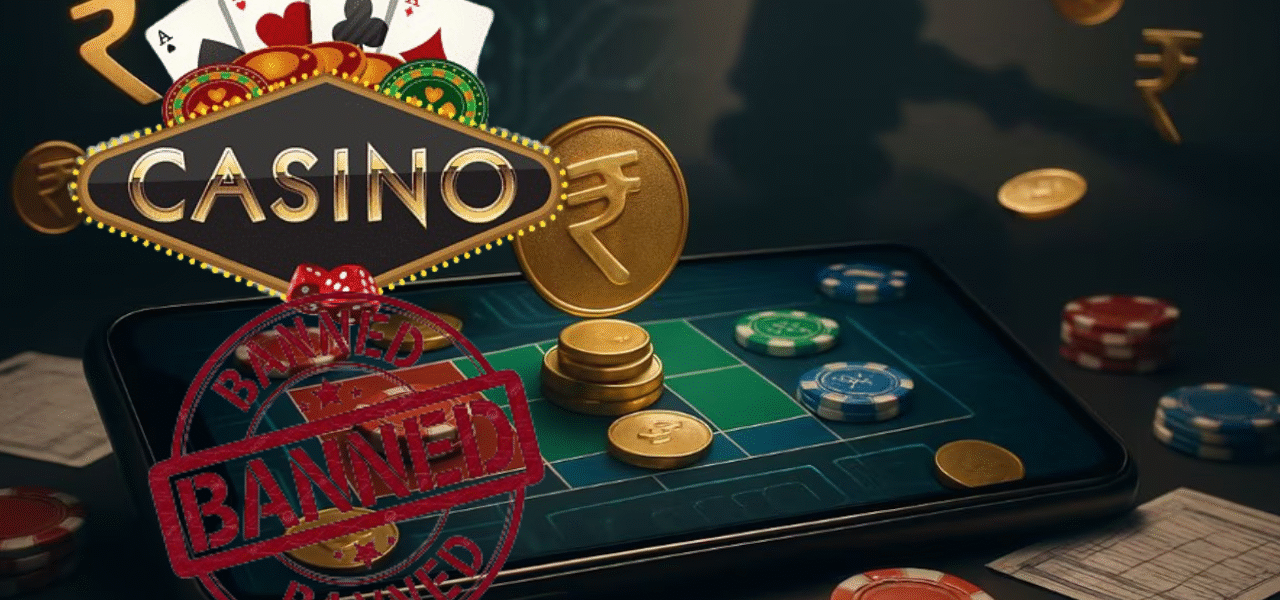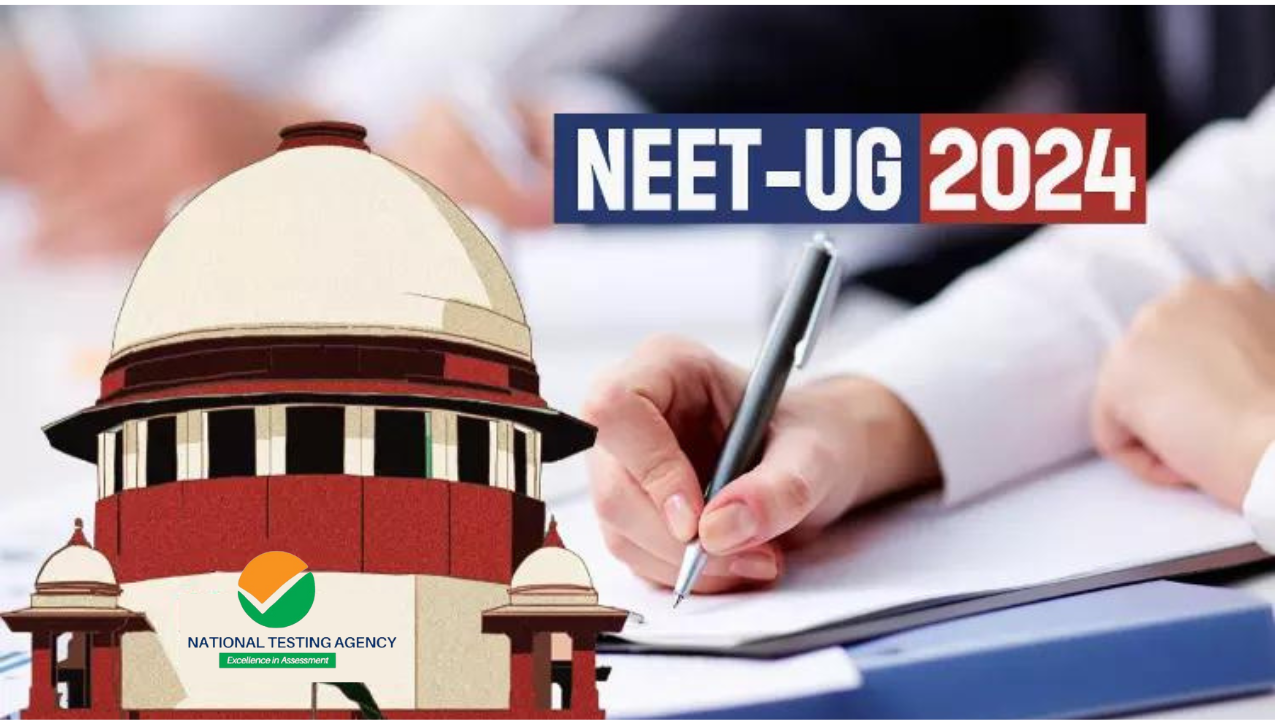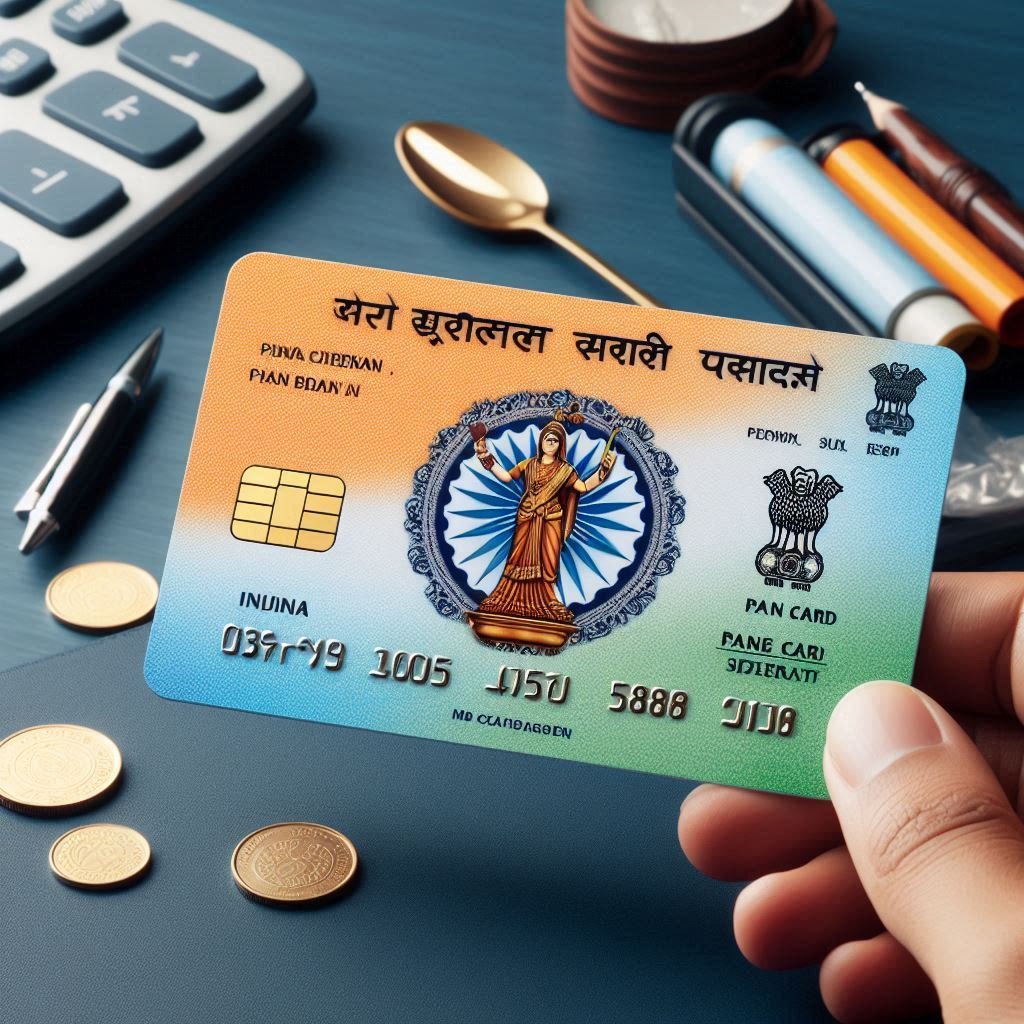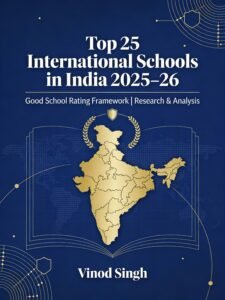The Indian government’s Promotion and Regulation of Online Gaming Bill 2025, passed in the Lok Sabha, has sparked fiery debate. Supporters call it a moral victory against addiction; critics see it as economic suicide. But at its heart lies a deeper question: Can a society afford to normalise gambling when the costs spill far beyond balance sheets—into families, communities, and future generations?
🔎 A Moral Viewpoint: Gambling as Social Suicide

Gambling, whether offline or online, is among the most destructive addictions known to humanity. It destroys not just individuals, but entire families and the moral fibre of society.
As the Bhagavad Geeta reminds us: “Jo jaisa karega, waisa hi bharega.” Those who chase shortcuts to wealth invite downfall. Online gaming gambling is one such shortcut—easy, accessible, and dangerously addictive.
Legalising or glamorising such an addiction, even under the banner of “innovation” or “digital economy,” is, in truth, a collective social suicide. The fact that the sector employs professionals or generates revenue cannot justify spreading this addiction to every household. By that logic, no vice could ever be condemned.
Changing entrenched practices is indeed hard—especially when vested interests, lobbying power, and media narratives work to protect billion-dollar stakes. But laws must serve society’s long-term good, not merely economic opportunism.
🚫 The Online Gaming Bill 2025: A Political Gamble or else
Union Minister Ashwini Vaishnaw defended the legislation Online Gaming Bill 2025, with stark numbers: “Over 30 suicides in 31 days were directly linked to online money gaming.”
The Online Gaming Bill 2025 law:
- Imposes up to 3 years in jail and ₹1 crore fines for violators.
- Bans all monetary stake games, including rummy, fantasy sports, and other skill-based formats.
For the government, this is not just regulation—it is moral protectionism.
💸 The Counterargument: Economy at Risk
But the opposition argues the Online Gaming Bill 2025 is an overreach. The RMG sector in India:
- Is valued at $3.7 billion
- Employs 200,000 professionals
- Supports 2,000+ startups
- Attracted ₹23,000–25,000 crore FDI in five years
- Pays ₹20,000 crore in annual taxes
Critics warn that the Online Gaming Bill 2025 could:
- Shutter 400 companies overnight
- Trigger mass job losses
- Push users into the ₹8.2 lakh crore black market
They argue for regulation, not prohibition, pointing to global best practices—age checks, spending caps, addiction counselling, and awareness campaigns.
🧠 Addiction Is Real—But Regulation Alone May Fail
Neuroscience confirms that gambling addiction alters brain chemistry, releasing dopamine surges similar to drugs. It cannot be eliminated with laws alone.
But here lies the challenge:
- Regulation assumes self-control in a society where vulnerability is widespread.
- Prohibition acknowledges the harm, even if imperfectly enforced.
As seen in China’s 2019 curbs, strict restrictions drove minors to use fake IDs and VPNs, showing that regulation is also fraught with loopholes.
⚖️ The Verdict: Ban as a Social Imperative
The online gaming bill, Lok Sabha may come at an economic cost, but it speaks to a larger truth: not every profitable industry is worth saving.
In the clash between economic growth and social morality, the latter must prevail. Gambling corrodes responsibility, dignity, and accountability. A society that chooses to enrich itself by promoting addiction risks losing far more than it gains.
This is why, despite the backlash, the ban is not merely a political gamble—it may be the moral necessity India needs to safeguard its future.
Recent Posts
- Shashi Tharoor Breaks Ranks Again Over important Bill to Remove Ministers Facing Criminal Charges
- Rekha Gupta Attack Case: Gujarat’s Dog-Lover Rajesh Khimji Identified as Attacker, Mother Speaks Out
Discover more from
Subscribe to get the latest posts sent to your email.











2 COMMENTS